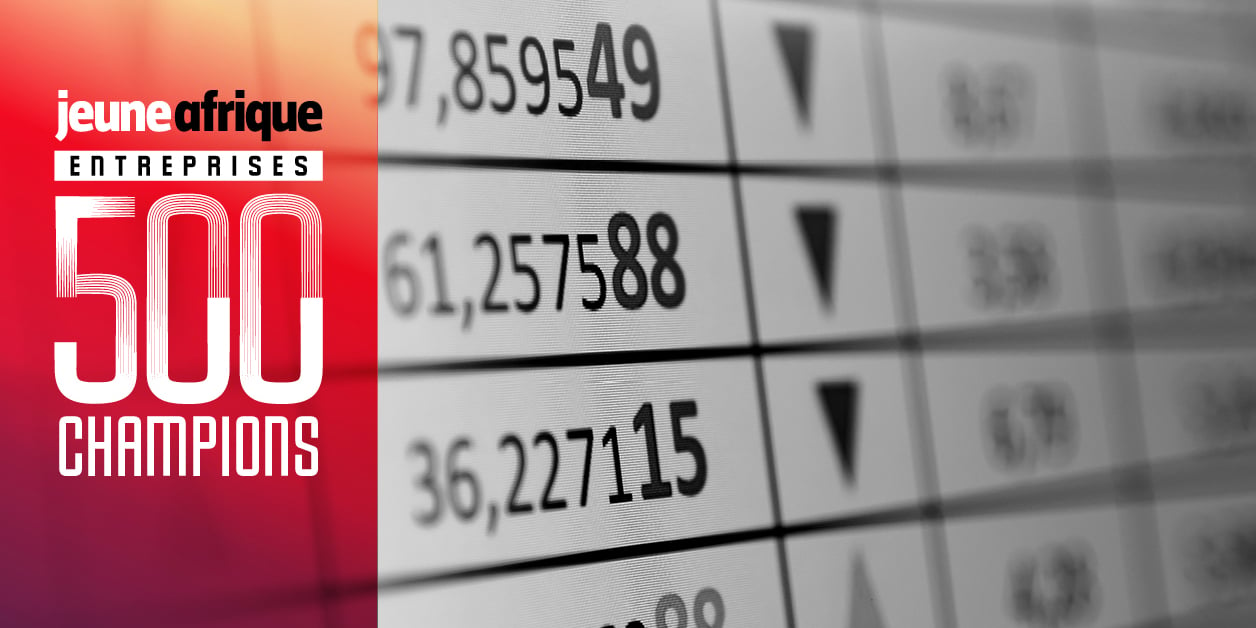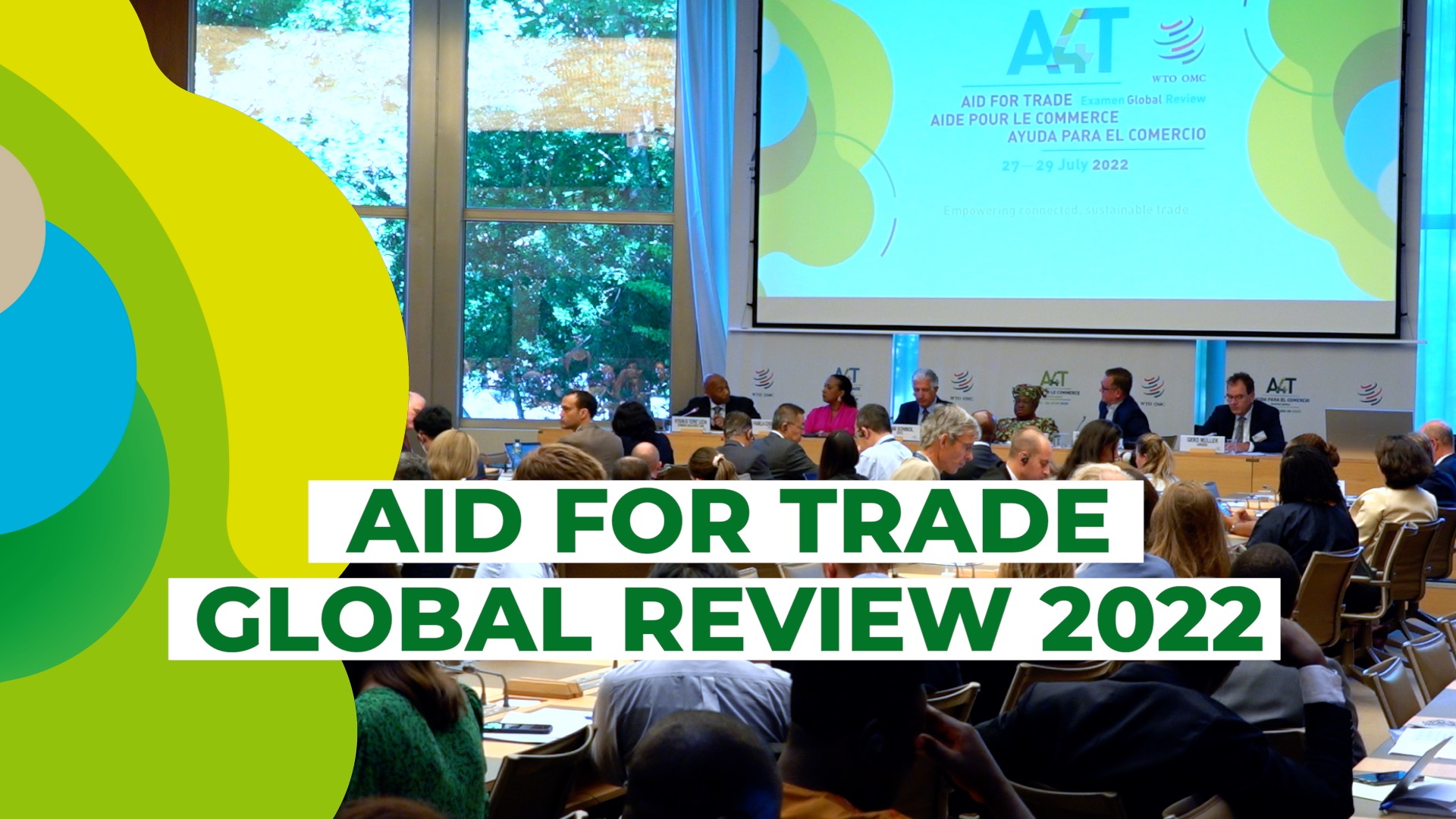African politics: the promise and peril of key elections in 2023
African politics and democracy will likely see a busy 2023 year, as many of its countries, notably Nigeria, Sierra Leone, Zimbabwe, Liberia, Gabon and Democratic Republic of Congo (DRC), will hold high-stakes elections.
The February general election in Nigeria has raised a great deal of expectation among young voters who are eager to see change. Outgoing President Muhammadu Buhari, in line with the constitution, is stepping down after serving two four-year terms — and that changes the electoral landscape.
As the country grapples with an economic downturn and heightened insecurity, Nigerians hope that the exercise can bring in leaders with the vigor to tackle their country’s decline.
Sierra Leone will hold its presidential and parliamentary elections in June. President Julius Maada Bio is expected to seek a second term, hoping to retain the majority for his Sierra Leone People’s Party in the national assembly.
In Zimbabwe, the 2023 election (likely July-August) will be the second national vote to take place after the downfall of the country’s former leader Robert Mugabe.
The country’s last election, in 2018, occurred a year after a military coup ended Robert Mugabe’s oppresive 37-year-long leadership. Zimbabwean President Emmerson Mnangagwa will be hoping to extend his rule by overcoming a new challenge by opposition leader Nelson Chamisa whose Citizens Coalition for Change outfit has sought to galvanize the opposition and to correct the mistakes of 2018, when elections were described as flawed.
Whether Zimbabwe can finally stage an election that is universally accepted as credible is one of the key issues in 2023, although a credible election in itself will not bring about consequential political, economic and social reforms.
Yet, Western states and international donors such as the International Monetary Fund will be looking for an unblemished national vote as a prerequisite to earnest economic and diplomatic re-engagement with Zimbabwe after years of strained relations.
Liberia, Africa’s oldest republic, is slated to hold presidential and parliamentary polls in October in what will be a milestone for a country still recovering from years of civil war and a devastating epidemic. President George Weah has been criticized for failing to tackle rampant corruption and for being away from the country to watch the World Cup in Qatar while the country faced an economic downturn.
In Gabon, incumbent President Ali Bongo, normally delisted after suffering a stroke which left him struggling to talk, yet looks set for re-election after tacit endorsement by members of his Gabonese Democratic Party.
DRC will hold a general election in December to choose a new president, national assembly and senate. In power since 2019, President Felix Tshisekedi is expected to seek a second term. With the east of the country embroiled in conflict, Tshisekedi might struggle to convince the Congolese he’s the change they seek.



